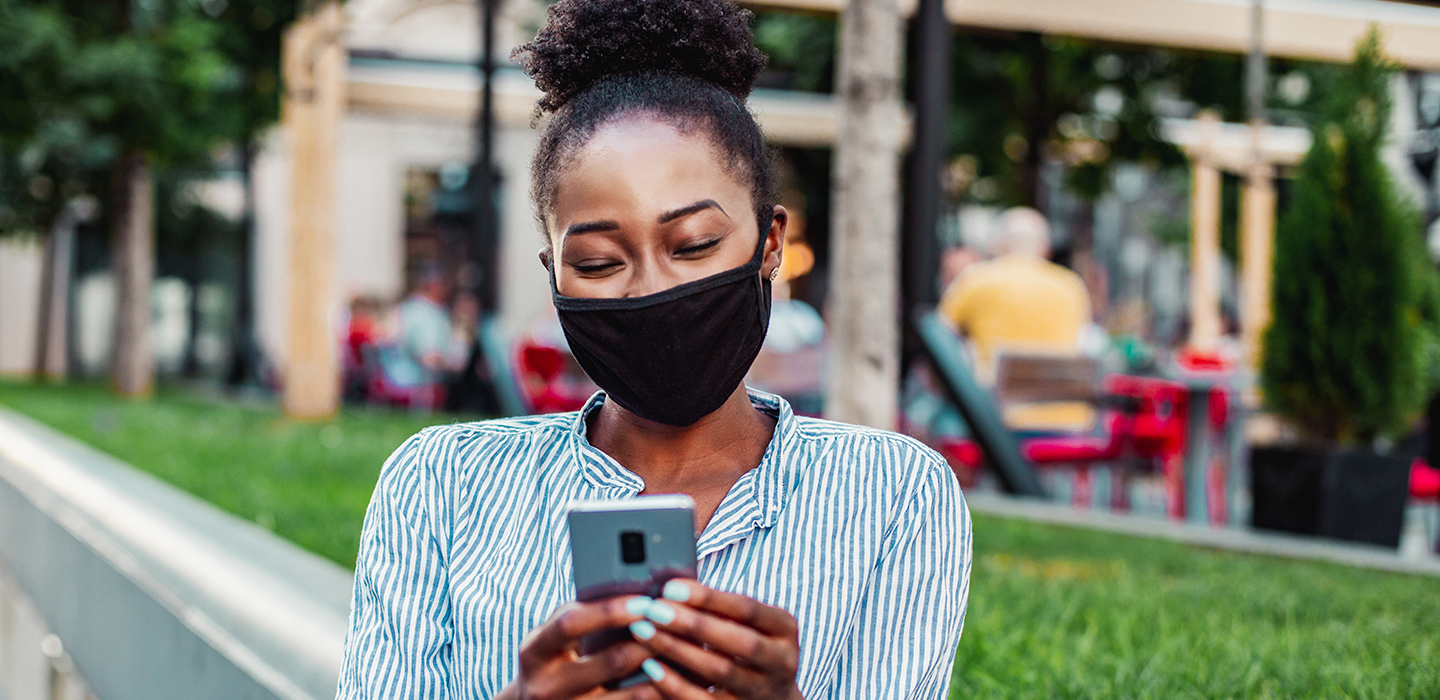
"Vaccines are a type of medicine that trains the body's immune system to be able to fight a disease it's never actually come into contact with," says Dr Noluthando Nematswerani, Head of Discovery Health's Centre for Clinical Excellence. "If we later become infected with the disease, our immune system will already know how to fight it, so it can respond quickly and prevent a serious illness from developing."
Dr Nematswerani explains that when we are vaccinated, we also reduce the risk that we will pass on a disease to others. In this way, we play our part in slowing or stopping its spread entirely. "So, vaccinating not only protects us, it also protects our loved ones and everyone we interact with."
What vaccines do
Reduce our chances of developing serious symptoms when we contract a disease we've been vaccinated against. This means we experience a far milder form of the disease.
Reduce the chances that we'll infect others when we contract a disease. This protects the people we interact with and helps the country achieve herd immunity (where enough people are immune to a disease and it helps stop its spread).
Vaccines DO NOT do
Prevent us from getting infected.
Cure us once we are infected.
"Vaccines are an effective way of protecting us and others from dangerous viral and bacterial infections like smallpox, polio, hepatitis B, measles, tetanus, whooping cough, pneumococcal conjugate, flu, chicken pox, COVID-19 and more," adds Dr Nematswerani.
To better understand the vaccines developed against COVID-19, read our COVID-19 vaccine FAQs.-->{C}